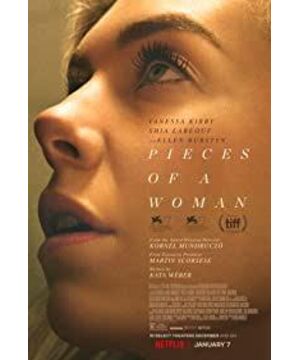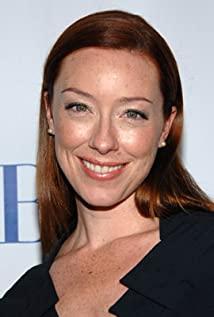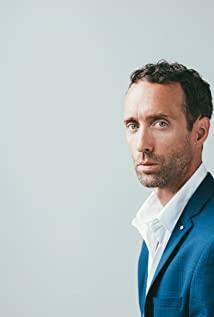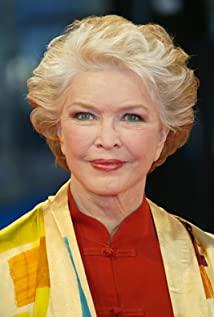I really like the proper white space in the text of the film, and the restraint of the distance from the camera, such as the ambulance at the beginning, the little girl in the retail store, the prosecutor's earring, etc., which are expressed just right. If the child is a gift from God, then the heroine has all the elements of a mother, and has endured all the pain of a mother, but she still loses this apple, she still smells the smell, hears the cry, and touches it. The skin, after feeling the temperature and heartbeat, just lost it.
The theme of the film starts from this "lose" or "take away". For the heroine, this is her own, and no one can take it away, so no one should interfere, or so-called pay the price. From the beginning to the end of the court scene, from the beginning to the end, in the opinion of the heroine, this lawsuit against the midwife was not established at all, but it was just imposed by others for their own emotions. Therefore, the heroine's first emotional outburst was the conversation at her mother's house, which started when the heroine released her suppressed emotions that had not been completely resolved. No one really looked at this issue from her personal point of view, because Although this child is conceived by himself, it exists in this "society". Therefore, the female protagonist's previous emotional performance, one is not ready to deal with it, the lonely temperament created later is very similar to "Manchester by the Sea", and I like it very much; the second is to use the power of motherhood to fight against this group, such as deciding to donate Organs (not a manifestation of privatization, but another chance of rebirth in the hope of giving this short life). But the problem involved in this is that since you choose to be yourself (individual consciousness), coupled with the motherhood brought about by the life in your body, it is bound to conflict with the group, with husbands, mothers, sisters, including the black colleague . But the film lays out this conflict, but it does not rationalize the result of this conflict in the middle and later sections, and even gives a happy ending, which is incomprehensible. The courtroom drama sublimates the theme of motherhood through the idea of forgiveness, and finally completes the reconciliation of this short life through the developed photo? The seed was cultivated and sprouted, adopted a girl (Luciana), completed the continuation of life, and thus reconciled with her family and returned to life? There is a fault in the middle, and the heroine's arc is a bit far-fetched, so in those two heroine burst scenes, a family, a court, the performance is not convincing enough (distressed White Widow).
On the contrary, although the role of LaBeouf is not much, it is quite in place, a tragic character, and the film does not give a complete explanation. The male protagonist portrayed in the film is a character who is different from the female protagonist in all aspects, and a tool person through and through. When the family organization doesn't develop as expected and eventually breaks down, naturally there is no need for this watchdog. The husband and wife are unequal in the film. The male protagonist has been domesticated for a long time, quit smoking and drinking, and is civilized and polite, but he has no decision-making power to buy a nanny car, and he must first ask his mother-in-law for opinions. Although the film also expresses the direct contradiction between the husband and wife, that is, the name on the daughter's tombstone. As a father, he misspelled his daughter's name, and he thought it was not a big problem. This is simply unacceptable to the heroine. At this moment, the heroine completely abandoned the hero. Until the end of the film, the heroine scatters her ashes on the completed bridge and adopts a girl who picks apples. Even in the photos that have not been printed, the shadow of the hero has not been reproduced once, and it has been completely obliterated.
But at the beginning of the film, the male protagonist's wish is explained, he works hard, and regards the bridge he built as the first gift to his daughter, hoping that his daughter will be the first person to cross the bridge, even if he is just a blue collar workers. Outside the mother-in-law's gatehouse, smoking a cigarette with the prosecutor, this scene is very interesting:
"Are you a cat or a dog?"
"Meow star."
"me too."
"Bullshit." Yes, how could someone like you be a cat?
View more about Pieces of a Woman reviews











